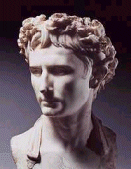
Augustus was born with the name Gaius Octavian on September 23, 63 B.C. His parents were C. Octavius and Atia, a niece of Julius Caesar, by his sister Julia.
Source:

Augustus was born with the name Gaius Octavian on September 23, 63 B.C. His parents were C. Octavius and Atia, a niece of Julius Caesar, by his sister Julia.
Source:
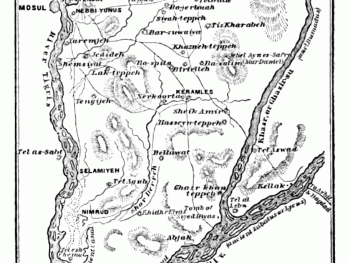
The land of ancient Assyria was located in the far north of the Tigris river near modern Mosul. In their earliest history Assyria was a small territory on the left bank of the northern Tigris River. Over time their borders extended to the area be...
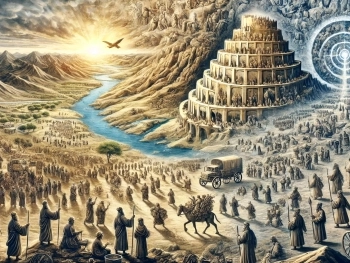
The question of the origins of nations and peoples has fascinated humanity for centuries. From a biblical perspective, the origins of all nations can be traced back to the descendants of Noah’s three sons—Shem, Ham, and Japheth—following the gr...
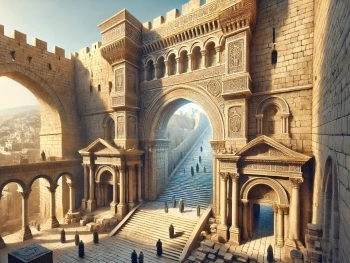
The Huldah Gates, located on the southern wall of the Temple Mount in Jerusalem, are a significant archaeological and historical feature. These gates served as entrances and exits for worshippers ascending to the Temple during the Second Temple perio...
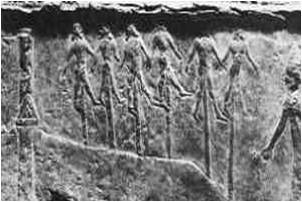
History records that the Assyrians were ruthless to any enemy that tried to withstand them. One inscription from an Assyrian King Tiglath-Pileser records: “I built a wall before the great gates of the city; I flayed the chief men of the rebels, and...
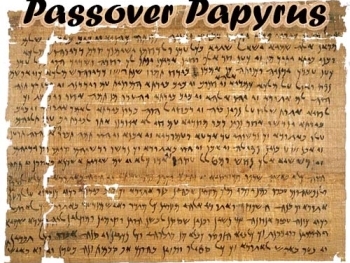
The Passover Papyrus is a letter from among the elephantine papyri that dates back to the time of Darius II, in 419 BC. In 1907 archaeologists discovered in Aswan papyrus fragments of a letter that bears the royal authority of the Persian Empire (not...
Hadrian's Arch, also known as the Arch of Hadrian or the Triumphal Arch, is an ancient Roman monument located in Jerash, Jordan. It was erected during the reign of the Roman Emperor Hadrian in the 2nd century CE. While the Bible does not specifically...
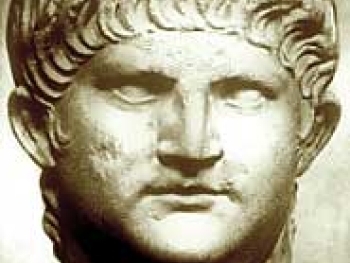
The main historical sources for the life of Nero were Tacitus Tacitus Publius Cornelius (55-120 A.D. approx.), Suetonius Svetonius Tranquillus (70-140 A.D. approx.), Cassius Dio Dion Cassius Cocceianus (155-235 A.D. approx.), Jewish and Christian Tra...
Ancient Mesopotamia, the land between the Tigris and Euphrates rivers, made significant contributions to the development of civilization. Here are some of its notable achievements: Writing System: Mesopotamia is credited with the invention of one of ...
There are five primary sources for the study of the Second Temple in Jerusalem, the Temple of Herod. They are: The BibleThe Books of MaccabeesJosephus*The Dead Sea ScrollsThe Mishna** *War book 5, chapter 5; Antiquities book 15 chapter 11**tractates ...
The Wilderness of Judea, mentioned in the Bible, refers to a geographical region located east of Jerusalem and extending toward the Dead Sea. It is characterized by its rugged terrain, barren landscapes, and limited vegetation, making it a challengin...
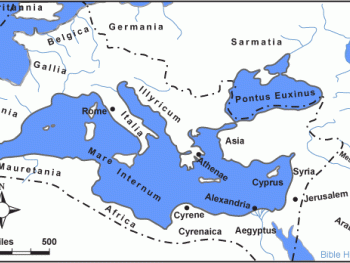
During the time of Augustus the boundaries of the Roman empire were the Atlantic on the west, the Euphrates on the east, the deserts of Africa, the cataracts of the Nile and the Arabian deserts on the south, the British Channel, the Rhine, the Danube...
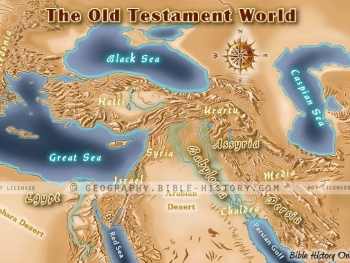
The Caspian Sea was not mentioned in the Bible. In Old Testament times the Caspian Sea was mainly just a large body of water marking the northeast corner of what we recognize as the world of the Old Testament. One interesting fact is that the Caspian...
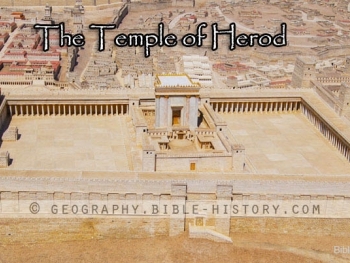
The Platform for the Temple compound built by Herod the Great was a monumental feat, considering the steepness of the surrounding terrain. According to scholars the flat platform measured 1041 feet on the north side, 1556 feet on the east side, 929 f...
The ancient Romans were remarkable engineers when it came to managing water supply and sewage systems. They developed sophisticated systems that provided clean water for public use and efficiently removed wastewater from cities. Water Supply: Aqueduc...
In the Bible, an alabaster jar refers to a type of container made from alabaster stone. Alabaster is a soft, white or translucent mineral often used in ancient times for crafting vessels or containers for various purposes. One notable mention of an a...
The Western Wall, also known as the Wailing Wall or Kotel, is a significant religious site in Jerusalem, Israel. It is a section of the retaining wall that once surrounded the Second Temple's courtyard and is revered as the most sacred site for Jewis...
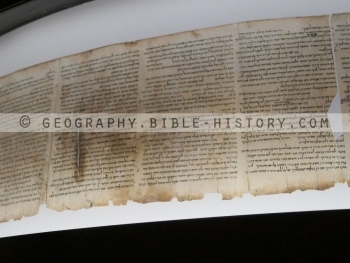
Among the Dead Sea Scrolls discovered in 1947 was found the “Scroll of Isaiah” inside of a clay jar and well preserved, dating to the 2nd century BC. The entire Hebrew text of the prophet Isaiah was found in “perfect” condition. When compared...
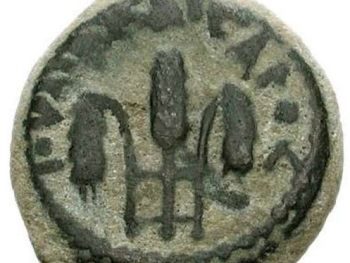
Only the Jewish historian Josephus provides us with what little information is known about Pilate’s life before 26 A.D. when Tiberius Caesar appointed him procurator of Judea. The sketchy information suggests that Pilate was probably an Italian bor...
Welcome to Free Bible: Unearthing the Past, Illuminating the Present! Step into a world where ancient history and biblical narratives intertwine, inviting you to explore the rich tapestry of human civilization.
Discover the captivating stories of forgotten empires, delve into the customs and cultures of our ancestors, and witness the remarkable findings unearthed by dedicated archaeologists.
Immerse yourself in a treasure trove of knowledge, where the past comes alive and illuminates our understanding of the present.
Join us on this extraordinary journey through time, where curiosity is rewarded and ancient mysteries await your exploration.




